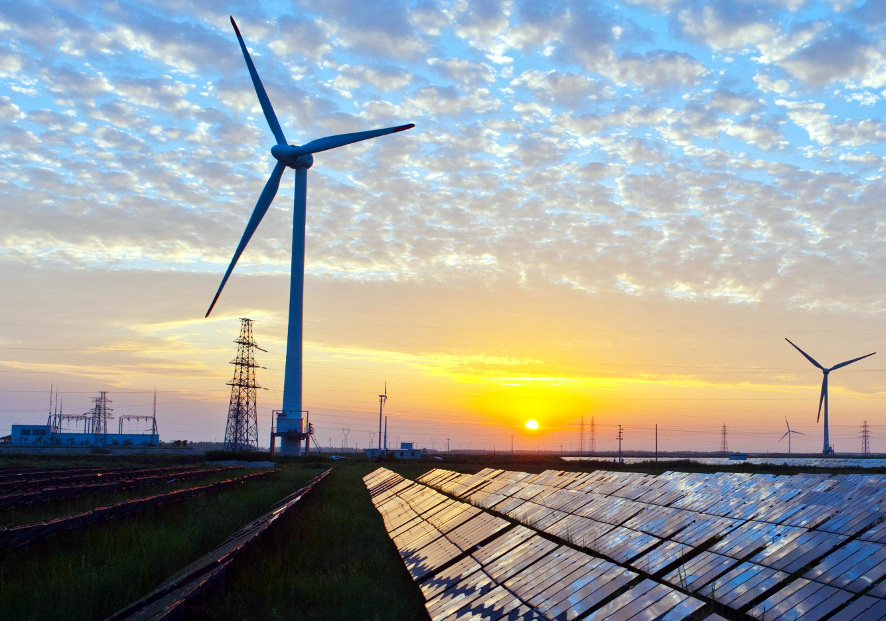Hundreds of Thousands of Bay Staters Have Switched to Clean Energy. Report Suggests How More Can Join Them

Photo: Wikimedia commons
Source: Environment Massachusetts Research and Policy Center
Hundreds of thousands of Bay Staters have incorporated clean energy technologies into their lives according to Clean Energy Across America, a new report released on November 19 by Environment Massachusetts Research & Policy Center and Frontier Group. The report recommends tips and policies to help more Americans adopt clean energy, even as federal tax credits phase out.
This analysis comes on the heels of Massachusetts rolling out a new incentive program to encourage solar development across the commonwealth.
“In communities from the Cape to the Berkshires, Bay Staters have invested their own time and money to install solar panels on their roofs, put EVs in their driveways, or buy clean energy from their utilities”, said Johanna Neumann, senior director with Environment Massachusetts Research and Policy Center. “Clean energy adoption in Massachusetts is a movement hiding in plain sight.”
The topline findings of the report show the breadth of public adoption of clean energy technologies across Massachusetts:
- 229,400 Bay Staters chose to purchase clean energy through their power supplier. This does not include Massachusetts residents who obtain clean power through their participation in a community choice aggregation (CCA).
- 188,541 Massachusetts households have installed solar panels on their homes.
- 142,800 electric and plug-in hybrid vehicles are now registered in Massachusetts.
- In 2023, 23,860 Bay Staters claimed the Energy Efficient Home Improvement Credit, and 80,620 claimed the Residential Clean Energy Credit on their federal income taxes – an indicator of Bay Staters’ adoption of energy efficiency and clean energy at home.
The dashboard focuses on action by individuals and families to adopt clean energy, but communities play an important role as well. Many Massachusetts cities and towns have created Community Choice Aggregation programs (CCAs), which purchase electricity for their residents on an opt-out basis. According to the National Renewable Energy Laboratory, more than 470,000 Bay State residents as of 2024 have clean electricity purchased on their behalf by CCAs.
“This data shows that Americans are hungry for ways to reduce the use of dirty, dangerous and costly forms of energy in their daily lives. Elected leaders can make that easier by removing unnecessary barriers,” said Tony Dutzik, associate director and senior policy analyst for Frontier Group.
One way Massachusetts can help more residents to adopt renewable energy is to encourage or require local jurisdictions to adopt instant permitting platforms for residential solar and energy storage systems. These platforms make it faster, easier and cheaper for residents who want to put solar on their roofs or batteries in their garage or basement to do so.
“Common-sense steps can make it easier and more affordable for people to power their lives in a cleaner way,” said Neumann. “When Bay Staters adopt clean energy, they don’t just reap the benefits themselves; they help create a greener and healthier future for us all.”
To help more Americans reduce energy waste and switch to renewables, the authors offer resources, including a home winterization guide, information on how to go solar and tips for buying a used EV.
